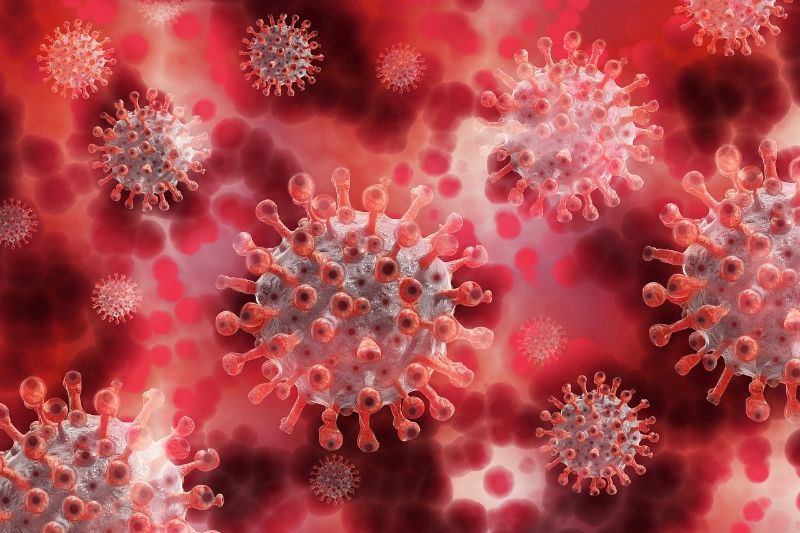
Researchers at the University of California, Los Angeles (UCLA) have initiated a Phase II clinical trial to assess the US Food and Drug Administration (FDA)-approved prostate cancer drug, degarelix, to mitigate Covid-19 severity in men.
Degarelix is a hormone suppresser expected to help improve clinical outcomes for men with Covid-19.

Discover B2B Marketing That Performs
Combine business intelligence and editorial excellence to reach engaged professionals across 36 leading media platforms.
The new trial will evaluate the impact of temporarily suppressing male hormones on decreasing the Covid-19 severity to help patients discharge from hospital faster, reduce the need for incubation, and improve mortality.
Led by UCLA, the trial is being performed at the Veterans Affairs Greater Los Angeles Healthcare System and other VA sites across the US.
UCLA David Geffen School of Medicine professor Matthew Rettig said: “It’s becoming pretty clear that men are more likely than women to die from Covid-19 and we think there is a connection between prostate cancer research and our understanding of Covid-19 research.”
The study is supported by research findings on TMPRSS2 protein receptor, which is known to be abnormal in nearly 50% of all prostate cancer patients and is associated with the development and progression of the cancer.

US Tariffs are shifting - will you react or anticipate?
Don’t let policy changes catch you off guard. Stay proactive with real-time data and expert analysis.
By GlobalDataAccording to researchers, the coronavirus uses this receptor to enter the lungs and attack lung tissue. TMPRSS2 is modulated by male hormones in prostate cancer and is believed to be regulated in lung tissue by male hormones.
Rettig added: “If the virus was the key and its receptor is the lock, then the virus inserts into the lock and can gain entry into the lung while the male hormones makes that lock more accessible to the virus.
“By suppressing the male hormones, it’s kind of like putting a piece of masking tape over the lock so that the key won’t fit in.”
The Phase II trial will assess degarelix’s ability to temporarily prevent the generation of TMPRSS2 and inhibit the virus’ entry into lung tissue.





